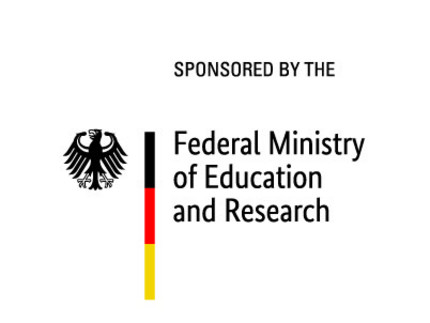Global challenges such as climate change and a growing population demand a rapid transformation from a fossil-based economy to a sustainable, resource-efficient bioeconomy. The success of this transformation depends on biorefineries, which utilize microorganisms as cell factories to convert renewable carbon sources – such as industrial, forestry, and agricultural residues – into valuable products. The productivity of these microorganisms determines the efficiency and the economic viability of emerging bioprocesses.
In the TAILOR project, we develop synthetic biology tools to engineer tailor-made host organisms for the bioeconomy, expanding the range of bio-based products and unlocking new waste streams as feedstocks. To achieve this, we establish robust workflows in baker’s yeast, integrating combinatorial DNA assembly, lab automation, and modeling to develop advanced genetic tools, with a focus on synthetic promoters and optogenetic switches. A major emphasis is placed on ensuring these workflows are transferable and adaptable to non-conventional yeasts with diverse industrial applications.

